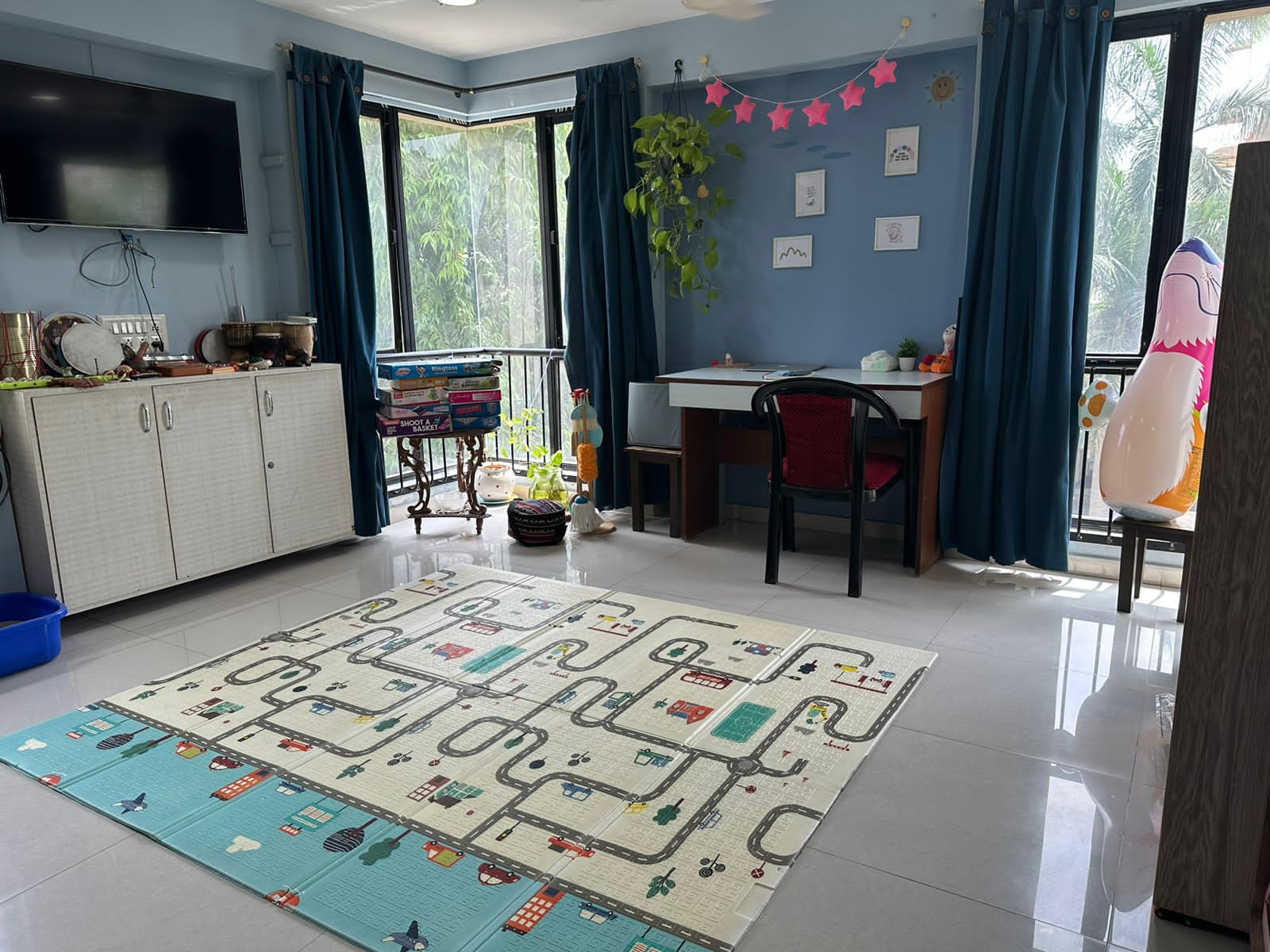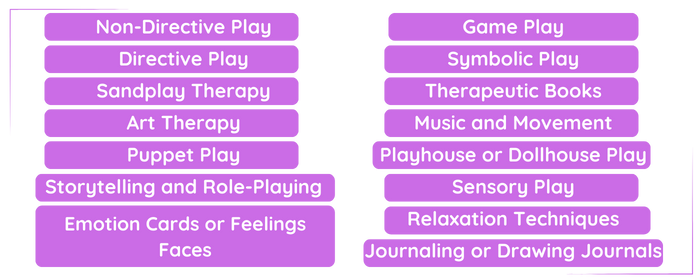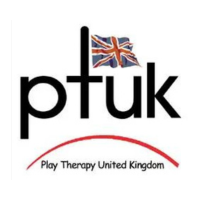TECHNIQUES OF PLAY THERAPY
Where emotions find their voice in the language of play.

The Healing Play
In the world of Play Therapy, every game has a deeper meaning.
Giving children the tools to express the inexpressible. Through play, we find pathways to understanding and growth.

Techniques

Play therapy involves a variety of techniques and approaches that are tailored to the individual needs and goals of the child or client. These techniques are designed to facilitate communication, expression, and healing through play. Here are some common techniques used in play therapy:
- Non-Directive Play:
Also known as child-centered play therapy, this approach allows the child to lead the play session. The therapist provides a range of toys and materials and allows the child to choose how to engage with them. This technique encourages self-expression and autonomy. - Directive Play:
In this approach, the therapist guides the play session by suggesting specific activities or themes. This can be useful for addressing particular issues or helping the child explore certain emotions. - Sandplay Therapy:
The child creates scenes using miniature figurines and a tray of sand. This technique allows for symbolic representation of feelings and experiences that may be difficult to express verbally. - Art Therapy:
Using various art materials, the child can create drawings, paintings, sculptures, or other forms of art to express themselves. Art therapy can help with emotional expression and exploration. - Puppet Play:
Puppets can be used to act out scenarios or feelings, allowing the child to express themselves indirectly through the puppets. - Storytelling and Role-Playing:
Through storytelling or role-playing, the child can explore different perspectives, scenarios, and emotions, which can provide insights into their thoughts and feelings. - Game Play:
Board games, card games, and interactive games can be used to facilitate communication, cooperation, and problem-solving. Games can also be adapted to address specific issues. - Symbolic Play:
This involves the use of objects and symbols to represent feelings or experiences. For example, a child might use a stuffed animal to represent a certain emotion. - Therapeutic Books:
Reading and discussing age-appropriate books with relevant themes can help the child explore their feelings and gain insight into their experiences. - Music and Movement:
Incorporating music, dance, and movement can provide a creative outlet for emotional expression and regulation. - Playhouse or Dollhouse Play:
Using miniature houses and figures, the child can create scenarios and narratives, which can offer insights into their perceptions of family dynamics or other life situations. - Sensory Play:
Engaging in sensory activities, such as playing with sand, water, or clay, can help children process emotions and sensory experiences. - Relaxation Techniques:
Techniques like deep breathing, visualization, or mindfulness can be integrated into play therapy to help children manage stress and anxiety. - Emotion Cards or Feelings Faces:
Using visual aids like emotion cards or pictures of faces with different expressions can help children identify and express their feelings. - Journaling or Drawing Journals:
Older children may benefit from journaling or drawing to express their thoughts and emotions.
International
Certifications


Latest
Watch Video
Contact Us
+91 91577 42933
Tel: +91 91577 42933
Email: thehealingplay@gmail.com
Reach us
A402 Antarnad Foundation, Shikhar Complex, Next to adani office, Mithakhali crossroads, Ahmedabad
Opening Hours
Monday - Saturday
9.00 AM - 06.30 PM
9.00 AM - 06.30 PM
Sunday -
Off
Off